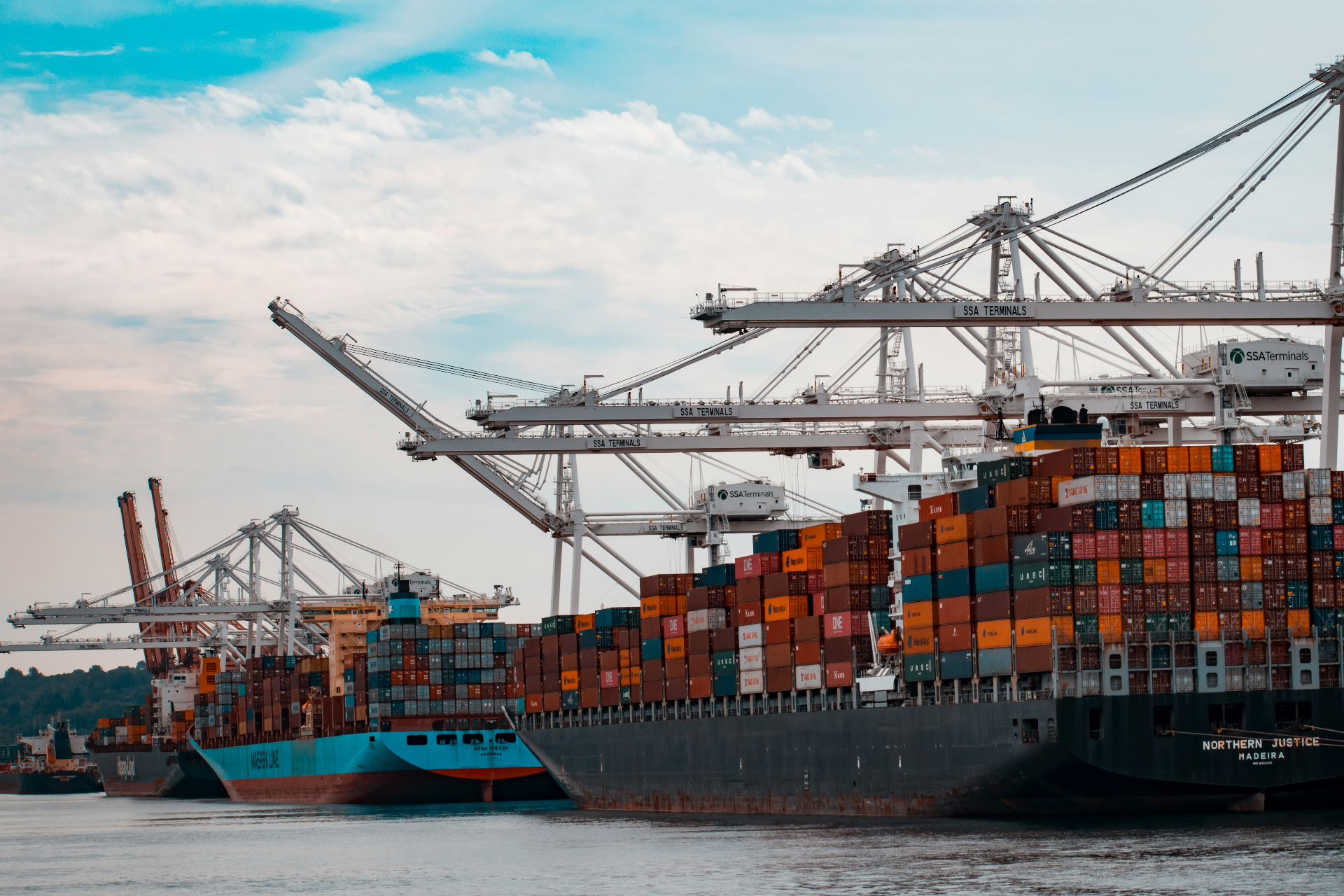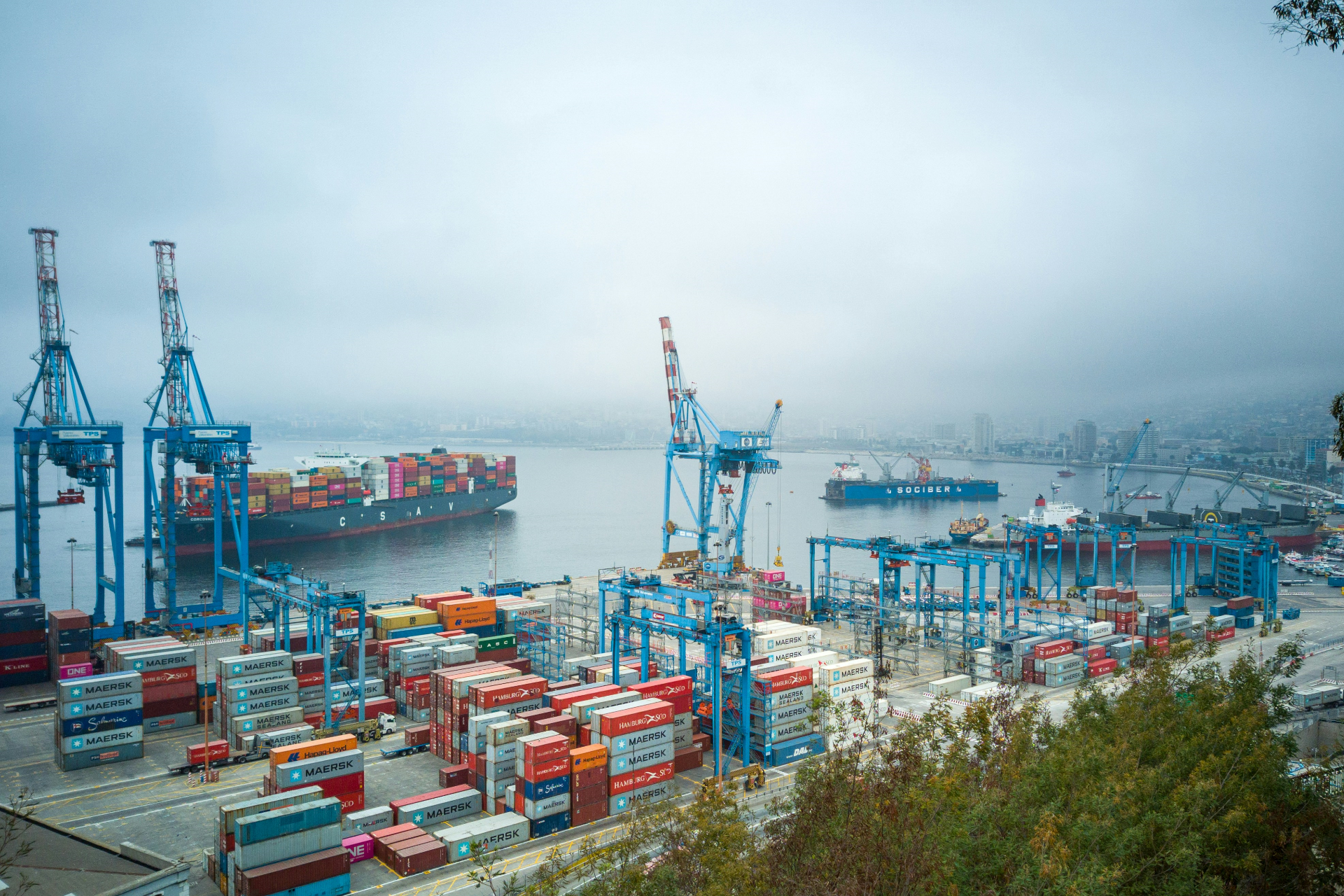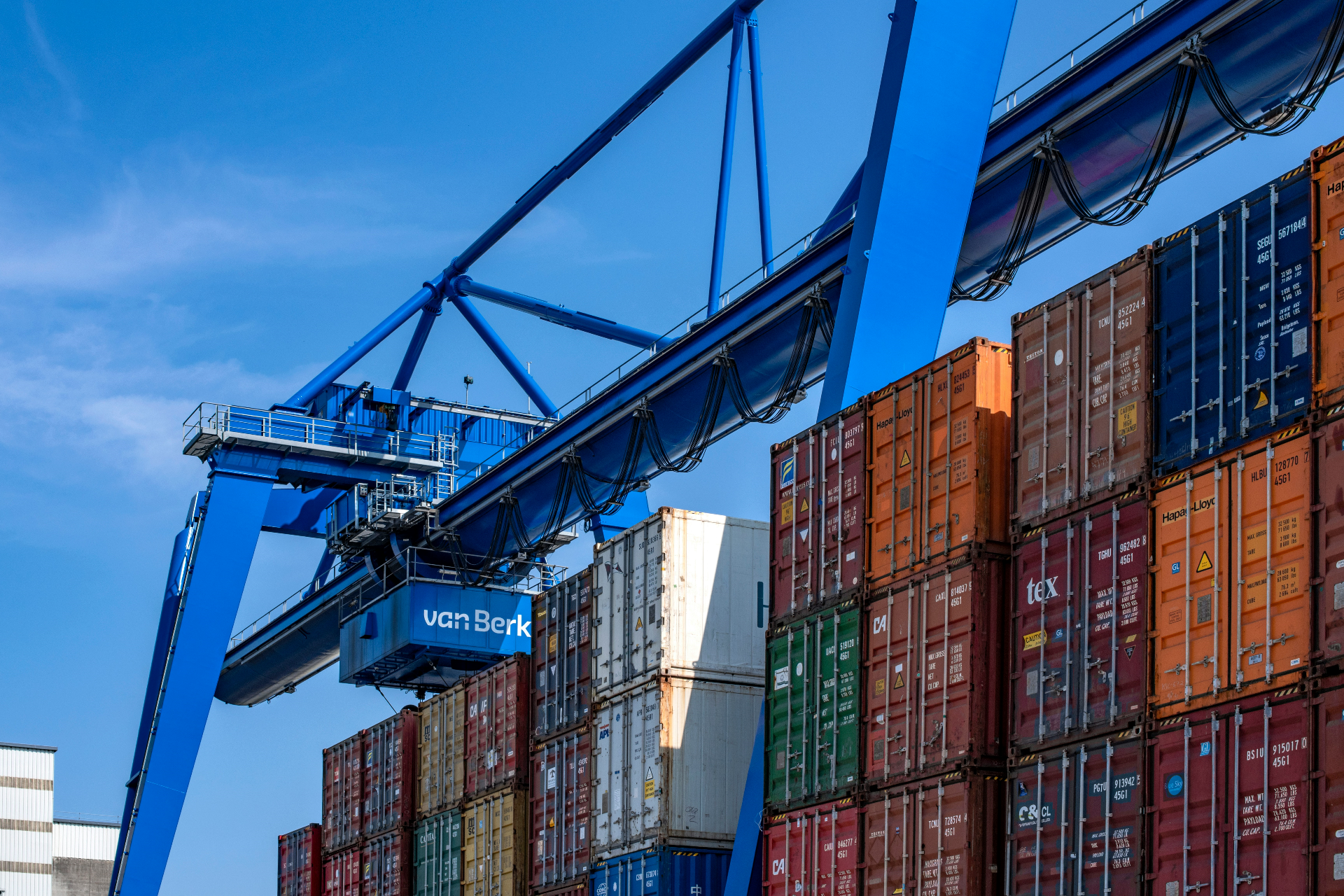Incoterms provide a standardized set of trade terms that define responsibilities and costs in international transactions. By using Incoterms, businesses can clarify roles, allocate costs, and manage risks. Understanding and utilizing Incoterms enhance communication, prevent disputes, and ensure smooth international trade. Incorporating the appropriate Incoterm into trade agreements helps businesses navigate the complexities of global commerce.
In international trade, clear communication and understanding of responsibilities and costs are essential to ensure smooth and successful transactions. This is where Incoterms come into play. Incoterms, short for International Commercial Terms, are a set of standardized trade terms issued by the International Chamber of Commerce (ICC). These terms define the rights and obligations of buyers and sellers in international transactions, specifying the division of costs, risks, and responsibilities between the parties involved.
Incoterms provide a common language and framework that helps avoid misunderstandings and disputes. By using Incoterms, buyers and sellers can establish clear expectations and avoid ambiguity regarding the delivery, transportation, and insurance of goods. These terms outline who is responsible for arranging and paying for transportation, import and export customs clearance, insurance, and other related tasks.
There are several widely used Incoterms, such as EXW (Ex Works), FOB (Free on Board), CIF (Cost, Insurance, and Freight), and DDP (Delivered Duty Paid), among others. Each Incoterm specifies different obligations and risk allocation between the parties. For example, under the EXW term, the seller is responsible for making the goods available at their premises, while the buyer bears all the risks and costs from that point forward. On the other hand, under the CIF term, the seller is responsible for delivering the goods to a specified destination port and arranging insurance, while the buyer is responsible for unloading and any subsequent costs and risks.
Understanding and correctly utilizing Incoterms is crucial for businesses engaged in international trade. By clearly specifying the agreed-upon Incoterm in contracts and purchase agreements, both parties can have a shared understanding of their roles, responsibilities, and financial obligations. This clarity helps prevent disputes and ensures a smooth flow of goods from the seller to the buyer.
To effectively utilize Incoterms, it is important to consider several factors. First, businesses should evaluate the nature of the goods being traded, the destination country, and any specific requirements or restrictions that may apply. Additionally, they should assess their capabilities and resources to fulfill the obligations and responsibilities associated with each Incoterm. By carefully selecting the appropriate Incoterm, businesses can optimize their operations, manage costs, and mitigate risks.
It is worth noting that Incoterms do not address the transfer of ownership or payment terms. These aspects are typically covered in separate agreements or contracts. Therefore, businesses should ensure that the chosen Incoterm aligns with the broader terms of their overall agreement.
Related Information



















































